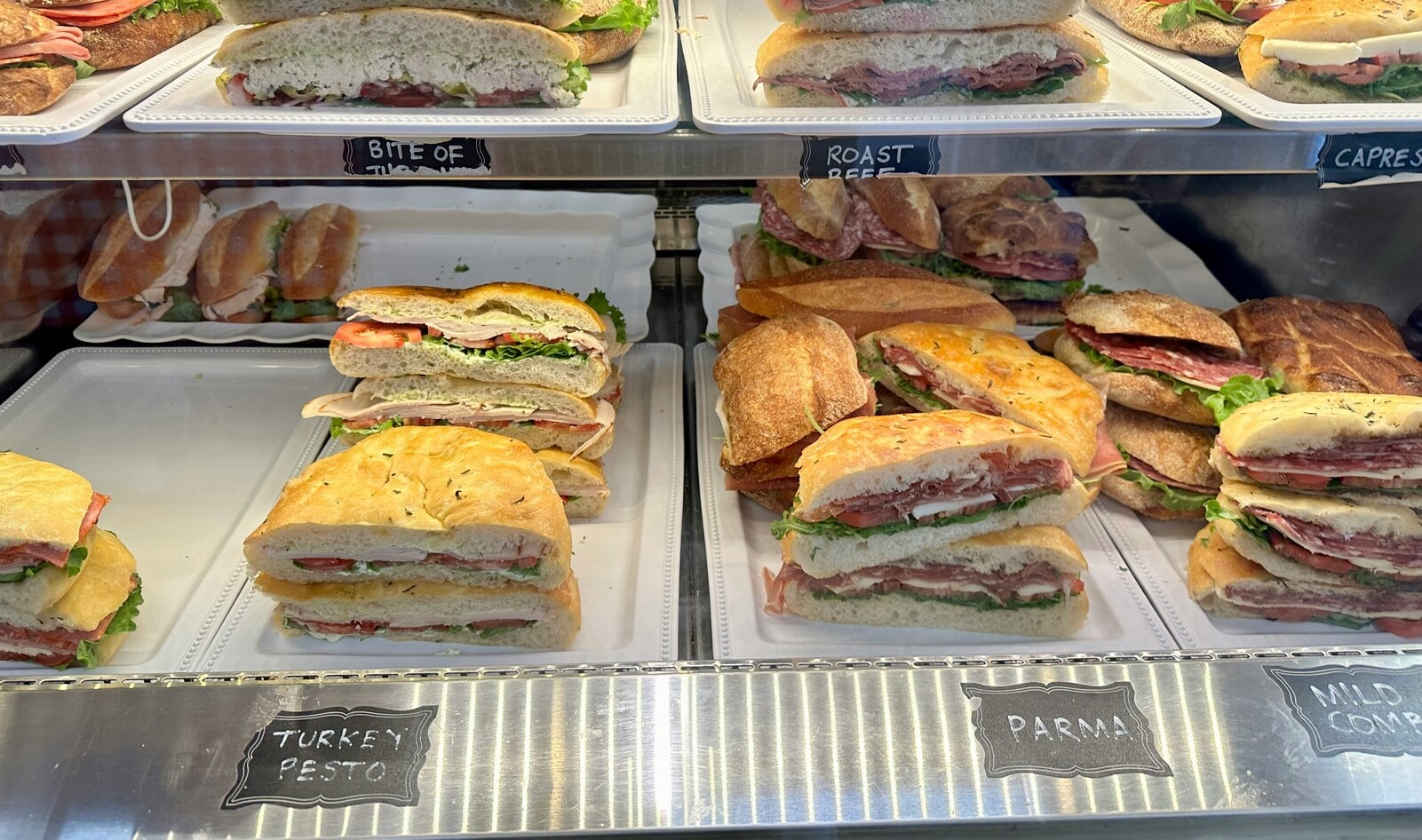A diet packed with ultra-processed foods (UPF), like sweetened drinks, packaged snacks, and ready-made meals, may do more than impact your waistline. According to research published in Thorax, a respiratory journal under The BMJ, it may also raise your risk of developing lung cancer, even when accounting for smoking.
The study, which analyzed data from more than 100,000 people in the US, found that those who consumed the highest amounts of ultra-processed foods were 41 percent more likely to be diagnosed with lung cancer than those who ate the least. The risk was slightly lower for non-small cell lung cancer (37 percent), and slightly higher for the more aggressive small cell type (44 percent).
 Pexels
Pexels
Researchers drew their findings from the long-running Prostate, Lung, Colorectal and Ovarian (PLCO) Cancer Screening Trials, which began enrolling participants between 1993 and 2001. The study specifically examined food intake data collected from over 101,000 adults ages 55 to 74, tracking lung cancer diagnoses through 2009 and cancer-related deaths through 2018.
The ultra-processed foods risk
The data tells a story that extends beyond individual ingredients. Ultra-processed foods—those that undergo multiple industrial processing steps and typically include artificial additives—made up a substantial part of the diets for many participants. The top contributors were lunch meat, which accounted for 11 percent of ultra-processed food intake, followed by caffeinated and decaffeinated soft drinks, which together made up over 14 percent.
 Canva
Canva
On average, participants consumed nearly three servings of ultra-processed foods per day, though some ate as many as six. Those in the top tier of consumption had notably higher rates of lung cancer diagnoses: 495 out of 25,434 participants, compared with 331 out of 25,433 in the group with the lowest intake.
To be clear, this was an observational study, which means it cannot definitively prove that ultra-processed foods cause lung cancer. But the correlation remained significant even after researchers adjusted for key factors like smoking and general diet quality. That’s no small thing in a world where lung cancer remains the deadliest cancer globally, responsible for 1.8 million deaths in 2020 alone, according to the World Health Organization.
 Carlie Wright | Pexels
Carlie Wright | Pexels
The list of ultra-processed foods included in the study reads like a typical convenience store haul: hot dogs, hamburgers, ice cream, pizza, breakfast cereals, margarine, sweetened beverages, and store-bought soups and sauces, among others. Many of these items are low in nutritional value and high in added sugars, sodium, and fats.
Researchers suggest one reason for their findings could be that diets high in ultra-processed foods tend to displace healthier options, like whole grains, fruits, and vegetables, which have protective benefits against cancer. It’s not just what these diets include, but what they leave out.
What ultra-processing does to nutrients
But the concern isn’t just about empty calories.
“Industrial processing alters the food matrix, affecting nutrient availability and absorption, while also generating harmful contaminants,” the researchers write.
They point to substances like acrolein, a toxic chemical also found in cigarette smoke, which can form during high-heat processing in items like caramel sweets and grilled sausages. Chemicals in packaging materials may also pose risks, though more studies are needed to confirm their role.
In fact, the research team believes this uptick in ultra-processed food consumption may be fueling more than just lung cancer. “Worse still, over the past two decades, the consumption of UPF has significantly increased worldwide, regardless of development or economic status. The rise in UPF consumption may have driven global increases in obesity, cardiovascular disease, metabolic disorders, cancer and mortality, as these foods are confirmed risk factors for such conditions,” the authors suggest.
 Canva
Canva
This isn’t the first time ultra processed foods have come under scrutiny. A 2023 meta-analysis published in The BMJ found that diets high in ultra-processed foods were associated with a higher risk of 32 adverse health outcomes, including heart disease, depression, type 2 diabetes, and all-cause mortality. Another study published last year in The Lancet Regional Health – Europe linked high UPF intake to increased risk of more than 30 different types of cancer, including breast and colorectal.
BECOME A VEGNEWS VIP: Get exclusive product deals, freebies, and perks galore!
According to the Centers for Disease Control and Prevention, lung cancer is the second most common cancer in the US and the leading cause of cancer death among both men and women. While cigarette smoking remains the primary risk factor, this new study suggests that food choices could play a larger role than previously understood—especially in non-smoking populations.
Still, researchers caution that more work is needed. As they note in the paper, the findings “need to be confirmed by other large-scale longitudinal studies in different populations and settings.” But if future research supports a causal link, they conclude, “limiting trends of UPF intake globally could contribute to reducing the burden of lung cancer.”
For more plant-based stories like this, read:
JUMP TO ... Latest News | Recipes | Guides | Health | Subscribe








